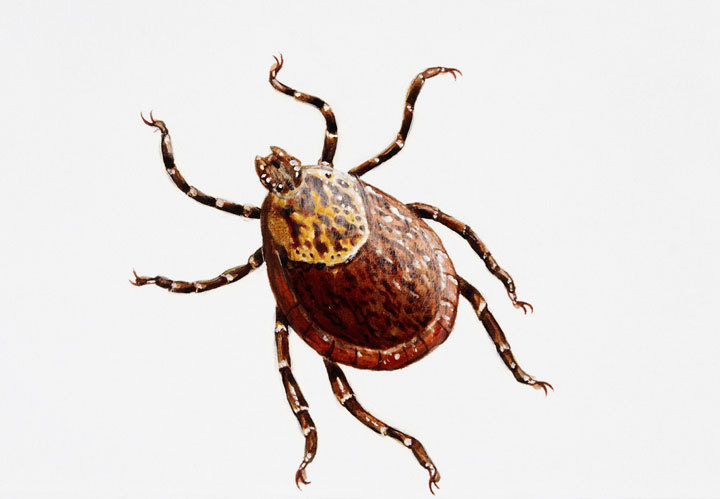With spring well into its second week, Okanagan hiking trails are getting busier every day.

In light of that, Interior Health (IH) issued its annual spring tick warning. Ticks are small insects that bite and feed on the blood of humans and animals and can sometimes transmit disease.
According to IH, tick bites usually aren’t serious, but they can cause temporary muscle weakness and paralysis if they are attached for several days.
Signs of tick-borne infections include fever, headache, muscle pain and rash. The symptoms usually fade once the tick is removed from the skin.
Interior Health says while ticks are common throughout B.C.’s Interior, most are the wood tick variety, which do not carry Lyme disease. However, the wood wick can carry other diseases, such as Rocky Mountain spotted fever, though IH says that’s rare.
The ticks that carry Lyme disease are more readily found in the South Coast.

Get daily National news
Lyme disease can cause pain, memory problems and tiredness. The most common symptom is a target-shaped rash around the bite area.

To avoid ticks, stay on cleared paths, tuck pant legs in and check your pets.
“There are easy things you can do to protect yourself from ticks such as covering up before you head outdoors and checking for ticks when returning from a walk, hike or bike ride,” said Dr. Fatemeh Sabet, Interior Health medical health officer.
“Most tick bites do not result in illness; however, any bite from a tick should be cleaned because infection can occur whenever there is a break in the skin.”
If you find a tick, use tweezers to grasp it. Then, without squeezing, pull it straight out. After removal, clean the area with soap and water.
For more about tick bites, visit HealthLinkBC.





Comments